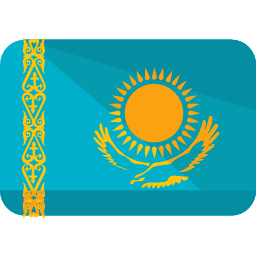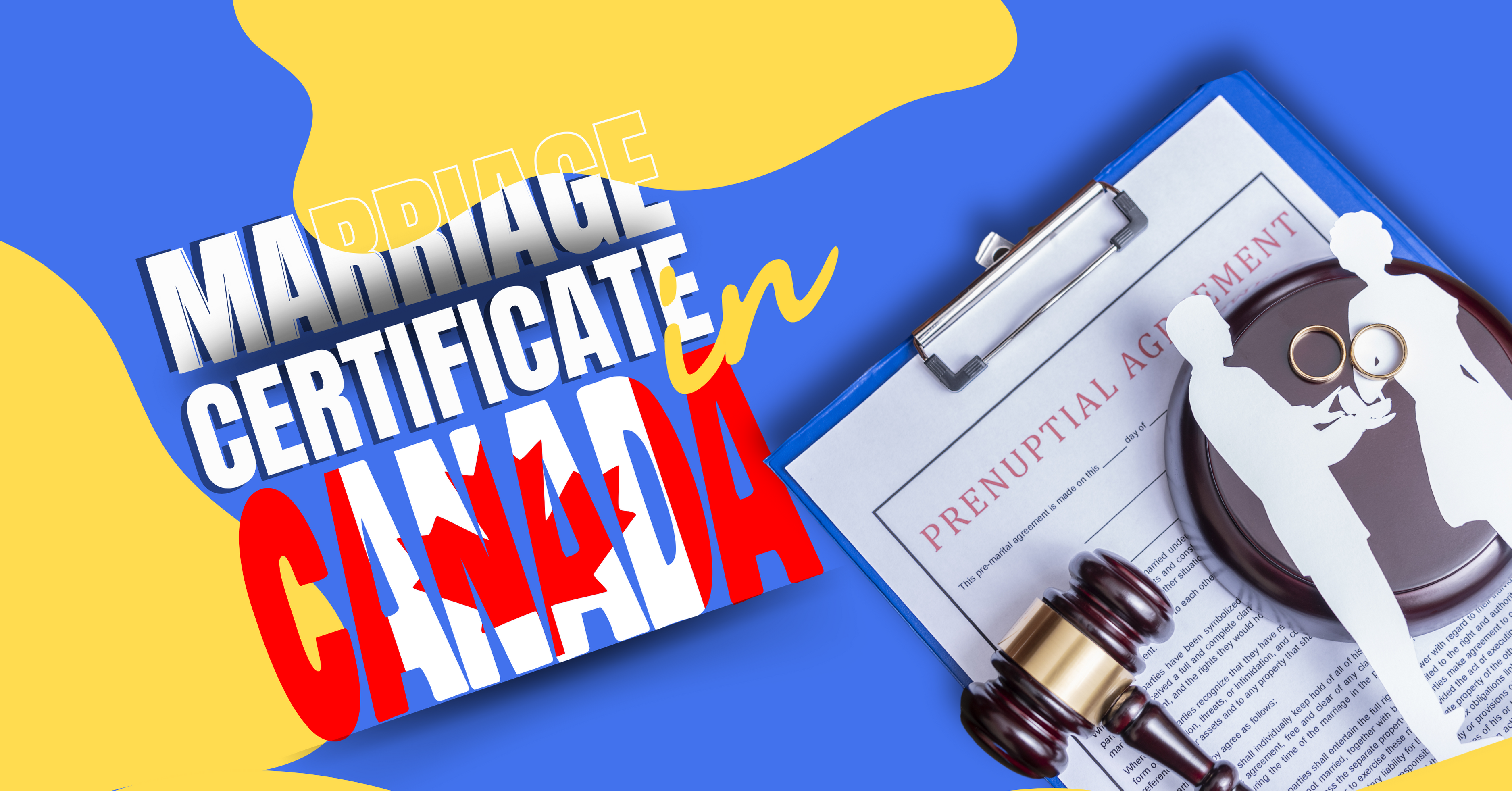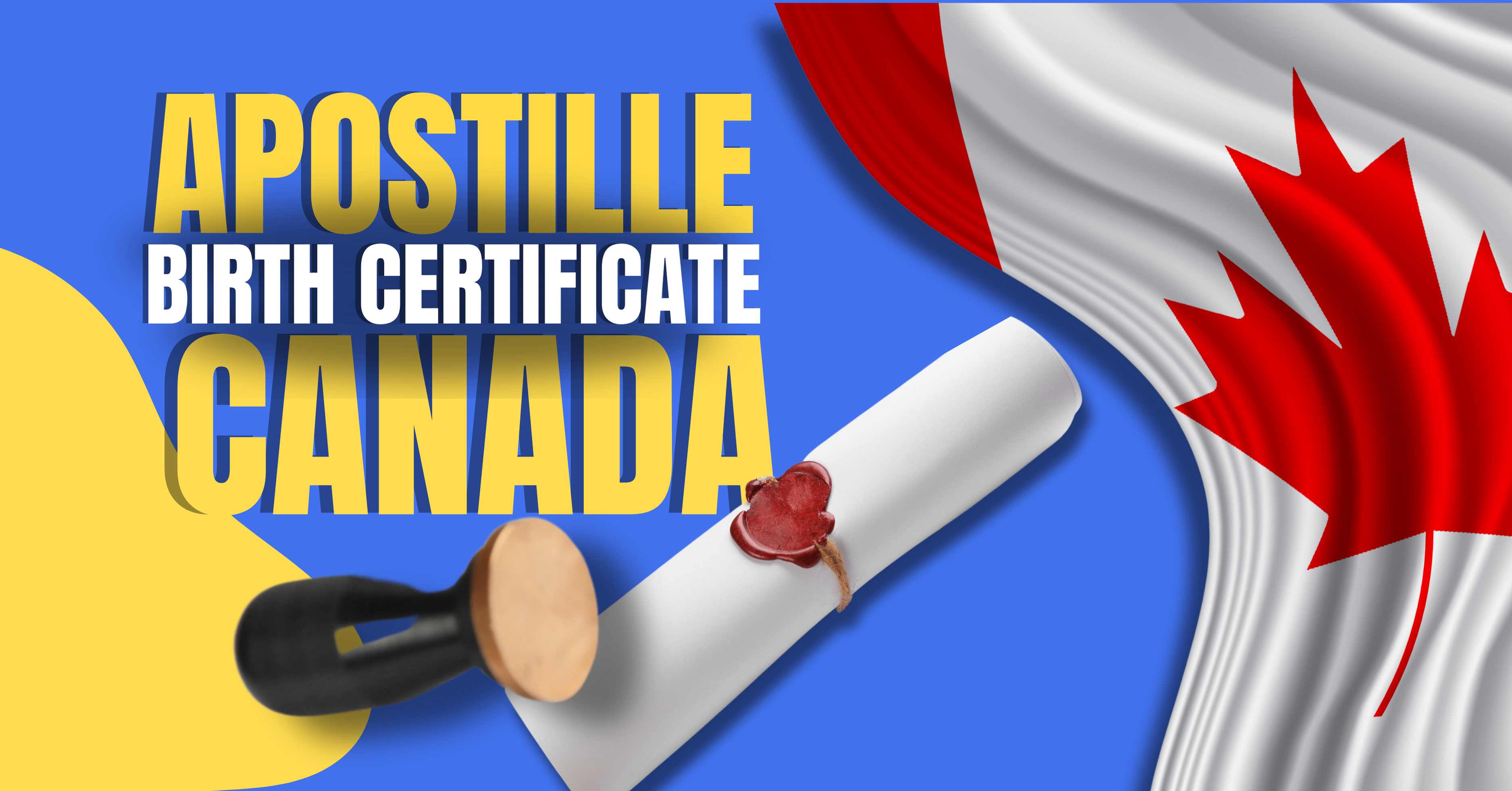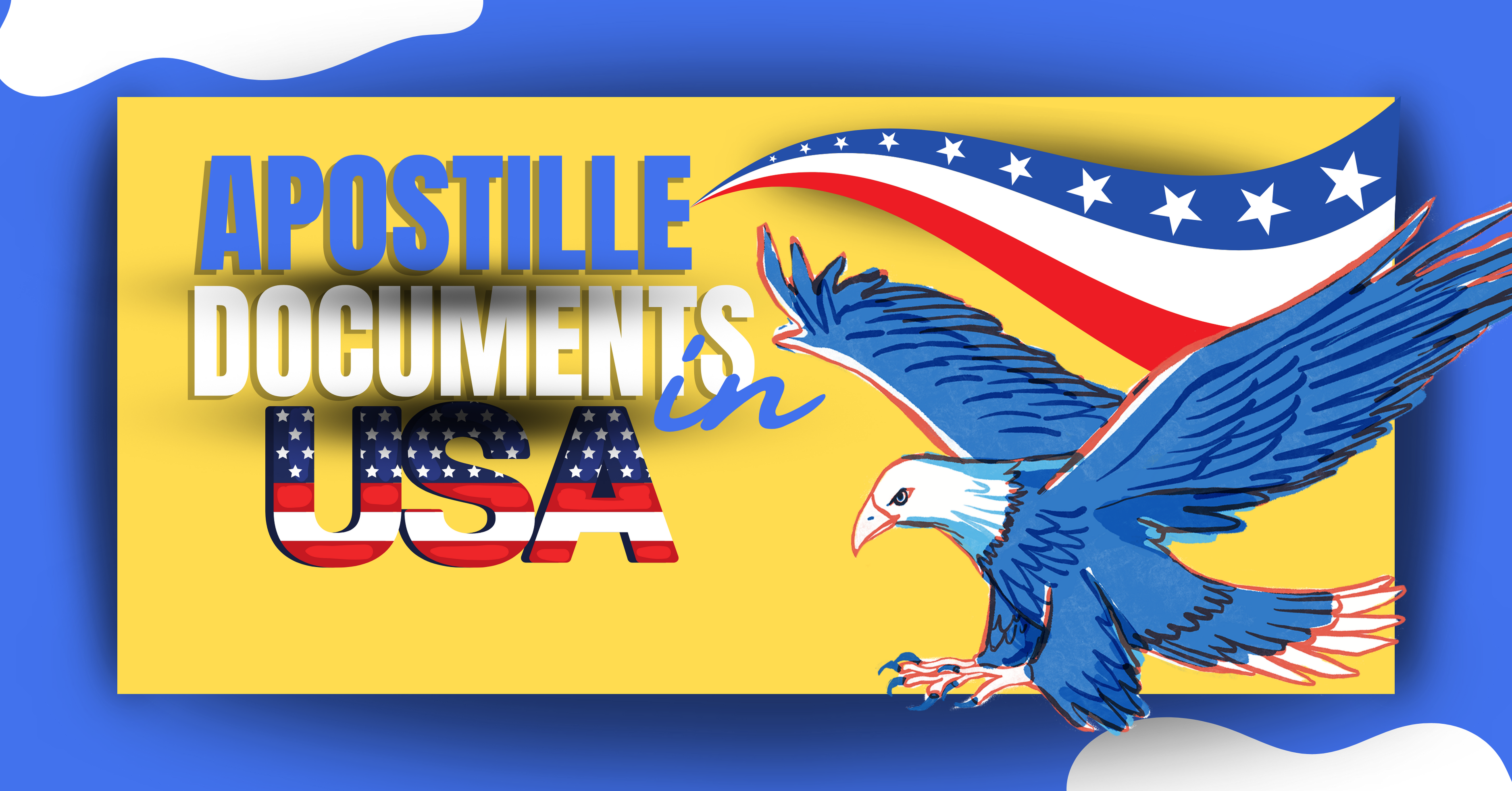In today’s increasingly globalized world, the processes of Notary Public and obtaining an Apostille have become essential for a variety of legal and administrative matters. Whether you’re navigating international business transactions, studying abroad, or dealing with legal documents across borders, understanding these two concepts is crucial. In this guide, we’ll delve into the intricacies of both Notary Public Services and Apostilles, breaking down their roles and significance in various contexts.
Introduction
Why Notarization and Apostille Matter
In a world where international interactions have become routine, ensuring the validity and authenticity of documents is paramount. Notarization and Apostille services play a vital role in this context. These processes provide a seal of approval that enhances the credibility of documents, making them legally valid across borders. Whether you’re dealing with personal, business, or academic matters, understanding these procedures can save you time, money, and potential legal complications.
Notary Public: Definition and Purpose
The Role of a Notary Public
A Notary Public is an authorized individual who acts as an impartial witness when important documents are signed. Their primary responsibility is to verify the identity of the signatories and ensure they are signing willingly and with full understanding. Notaries also confirm the authenticity of the documents, deterring fraudulent practices. This verification process adds an extra layer of credibility to the document, making it acceptable in various legal, business, and personal contexts.
Types of Documents Requiring Notarization
Notarization is typically required for documents that have legal implications or need to be recognized in official capacities. These include:
- Legal contracts and agreements
- Property deeds and mortgages
- Affidavits and statutory declarations
- Powers of attorney
Apostille: Simplifying International Document Verification
What is an Apostille?
An Apostille is a specialized certificate that streamlines the process of verifying documents for use in foreign countries. It is issued by a designated authority in the country of origin and is attached to the document in question. The Apostille certifies the authenticity of the document’s origin and the authority of the signatory. This eliminates the need for time-consuming and costly multiple authentications when presenting documents abroad.
When is an Apostille Needed?
An Apostille is typically required when presenting documents in countries that are part of the Hague Convention. These documents can include:
- Educational certificates and diplomas
- Birth, marriage, and death certificates
- Adoption papers
- Court judgments and notarial acts
Differences Between Notary Public and Apostille
Scope and Functionality
While both Notary Public and Apostille services aim to verify the authenticity of documents, they serve different purposes. A Notary Public primarily verifies the identity of the signatory and the authenticity of the document’s contents. On the other hand, an Apostille certifies the document’s origin and the authority of the signatory, specifically for international use.
Global Recognition
A significant difference between the two is the global recognition of an Apostille. As it follows the Hague Convention guidelines, the Apostille is recognized by over 100 countries, making document verification simpler and more standardized.
The Notarization Process
Finding a Notary Public
To have a document notarized, you need to find a licensed Notary Public. This can be done through various channels, including law firms, banks, and government offices. Once you’ve located a Notary Public, you’ll need to present a valid form of identification and the document requiring notarization.
Verification and Authentication
The Notary Public will verify your identity, witness the signing of the document, and add their official seal and signature. This process assures that the document’s contents are accurate and the signatory is acting voluntarily.
Obtaining an Apostille
The Apostille Certificate
To obtain an Apostille, you must contact the designated competent authority in your country. This authority varies depending on the country and the type of document. The authority will attach the Apostille certificate to your document, confirming its authenticity and allowing it to be accepted in other Hague Convention member countries.
Steps to Obtain an Apostille
- Identify the relevant competent authority.
- Submit your document and any required fees.
- The authority reviews and verifies the document’s authenticity.
- The Apostille certificate is affixed to the document.
Common Documents Requiring Notarization and Apostille
Birth Certificates and Passports
Birth certificates and passports often require both notarization and Apostille when used for international purposes. Notarization confirms the holder’s identity, while the Apostille validates the document’s origin for foreign authorities.
Educational Transcripts
When pursuing education abroad, educational transcripts may need both notarization and Apostille. This ensures that academic achievements are genuine and recognized internationally.
Business Contracts and Agreements
International business transactions often involve contracts and agreements. Notarizing these documents ensures the signatures are authentic, while an Apostille streamlines their acceptance in foreign jurisdictions.
Benefits of Notary Public and Apostille Services
Ensuring Document Authenticity
Utilizing Notary Public and Apostille services guarantees the authenticity of your documents, instilling confidence in their accuracy and legitimacy. Whether you’re submitting documents for legal proceedings or business deals, this added credibility can make a significant difference.
Facilitating International Transactions
Apostilles play a crucial role in simplifying cross-border transactions. They eliminate the need for lengthy verification processes, saving time and resources for individuals and businesses engaged in international activities.
Challenges and Considerations
Legal and Cultural Variations
It’s important to recognize that notarization and Apostille requirements may vary from country to country. Legal systems, cultural norms, and administrative procedures can impact the process and the acceptance of these documents.
Avoiding Fraudulent Practices
Given the significance of notarized and Apostilled documents, it’s essential to choose reputable service providers. Scams and fraudulent practices can undermine the integrity of your documents and lead to legal complications.
Cost and Availability
Factors Affecting Costs
The costs associated with notarization and obtaining an Apostille can vary depending on factors such as the type of document, the service provider’s fees, and any additional authentication steps required.
Accessibility of Notary and Apostille Services
In urban areas, finding Notary Public services and accessing Apostille authorities is generally more straightforward. However, individuals in remote locations may face challenges in obtaining these services promptly.
Choosing the Right Service Provider
Research and Reputation
When seeking Notary Public or Apostille services, thorough research is crucial. Look for reputable providers with a history of reliable and efficient document verification.
Customer Reviews and Testimonials
Online reviews and testimonials can provide valuable insights into the experiences of others who have used the services. Positive feedback and recommendations can guide you towards trustworthy providers.
FAQs
Is notarization required for all documents?
Notarization is typically required for documents that have legal implications or need to be recognized in official capacities. However, the specific requirements can vary based on the document’s purpose and jurisdiction.
How long does it take to get an Apostille?
The time required to obtain an Apostille depends on several factors, including the country, the type of document, and the processing speed of the competent authority. It can range from a few days to several weeks.
Can I obtain an Apostille for a document that is not in English?
Yes, it’s possible to obtain an Apostille for a document in a language other than English. However, some countries may require a certified translation of the document into the official language of the country issuing the Apostille.
Do both the document and the signer need to be present for notarization?
In most cases, both the document and the signatory need to be present during the notarization process. The Notary Public must verify the identity of the signer and witness the signing.
Are Notary Public Services and Apostilles available electronically?
The availability of electronic Notary Public services and Apostilles depends on the legal framework of the country. Some jurisdictions have adopted electronic methods, while others may require physical presence and paper documentation.
Conclusion
Navigating the complexities of international documentation can be daunting, but understanding the roles of Notary Public and Apostille services can make the process smoother. Notarization adds an extra layer of credibility to documents, while Apostilles simplifies international verification. By grasping these concepts and considering the challenges and considerations, you’ll be better equipped to ensure the authenticity and acceptance of your documents across borders. Remember to choose reputable service providers and stay informed about the specific requirements of each country you’re dealing with. With this knowledge, you can confidently handle legal, personal, and business matters that extend beyond your borders.




































